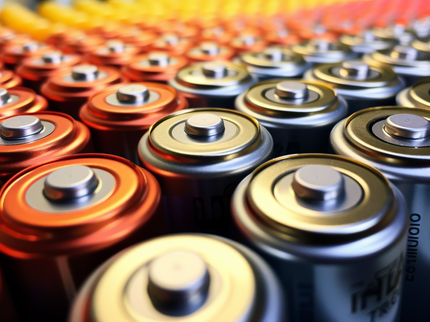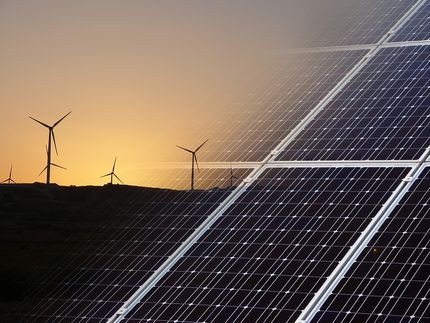First steps towards a more climate-friendly streaming
Video streaming is responsible for high greenhouse gas emissions. These could be reduced with relatively simple measures
In recent years, video streaming has increased significantly. While every German spent an average of 42 minutes a day watching online videos on YouTube, Netflix, Facebook or other platforms in 2019, a year later it was already 55 minutes - in the group of 14- to 29-year-olds even 130 minutes.

Watching videos on a tablet is a good choice from a climate perspective. After all, the tablet consumes less energy than a laptop or smart TV (symbolic image).
Computer-generated image
This is bad news for the climate, since streaming requires enormous computer capacity and thus energy, which rarely comes from renewable sources. According to a 2019 study, video streaming activity accounted for about 60 percent of global data traffic in 2018, emitting 306 million tons of CO2, which was comparable to Spain's annual emissions.
Study in the Journal of Consumer Policy
How can users reduce their energy consumption? This was investigated by a team of scientists from the Julius-Maximilians-Universität Würzburg (JMU). Dr. Benedikt Seger, research associate at the Institute of Psychology at JMU, was responsible for the study. The team has now published the results in the Journal of Consumer Policy.
"Over a period of seven weeks, we investigated how people can reduce CO2 emissions when watching videos on the Internet," explains Seger. Seger and his team used three different approaches t o help users change their streaming habits.
First, they informed participants about the carbon footprint of online videos and showed them ways to improve it - for example, by switching from smart TVs to laptops, selecting a lower resolution, or turning off the Autoplay function. In a second step, they set a CO2 reduction target of 20 percent for some of them. In the third step, some of the study participants received additional weekly feedback on the carbon footprint of their streaming activities and whether they had met the agreed target.
Information is the key to success
The results were unequivocal: "It turned out that providing information at the end of the first week already led to a drop in CO2 consumption of up to 30 percent in the following weeks," explains Seger. In contrast, the two subsequent stimuli - the 20 percent reduction target and the weekly feedback - had no additional effect.
Reducing the streaming duration as well as choosing lower resolutions were responsible for the decrease. "From this, we conclude that individuals can improve the carbon footprint of their digital activities if they are provided with appropriate problem and action knowledge and keep a kind of diary of their activities," Seger says.
The study is part of the research focus "Climate Communication, Attitude and Behavior Change" at the Institute of Psychology at the University of Würzburg. Last year, the team already published a highly regarded study, according to which references on menus to the carbon footprint of dishes persuade people to reach for the more climate-friendly alternative more often. "With the present study, we want to direct the focus of the public climate discourse more strongly than before to digital areas of life," says the psychologist.
Streaming platforms can also make their contribution
However, Seger does not see the responsibility resting solely with users. Rather, in his opinion, platform providers can also make a significant contribution to energy saving, for example by switching to climate-friendly default settings. Anyone who then calls up the respective website or opens an app would, in principle, be shown the videos in a low resolution. For higher quality, users have to take action. A deactivated Autoplay function should also be part of these standard settings. Then the next movie would not start automatically and immediately after the end of one.
"Of course, it would be even more effective to convert the data centers to renewable energies," says Seger. However, local, national and international decision-making bodies would have to set favorable framework conditions for this.






























































